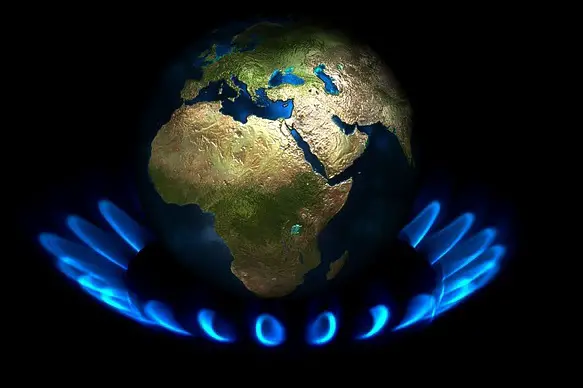On Tuesday, Bloomberg reported that member states of the European Union are beginning to engage in joint gas-buying, with the first tender being launched next month.
The move is in response to the surge in gas prices last year which followed the disruptions to energy markets resulting from Western sanctions packages that were enacted due to Russia’s invasion of Ukraine.
According to Bloomberg, the first contracts are expected to be signed with suppliers from the US, the Middle East and Africa around June.
European Commission Vice President Maros Sefcovic said, “We clearly need to turn the economic tide in Europe,” adding that this new method of purchasing “will increase competition and bring in new suppliers and push energy prices down.”
Joint gas purchases are to begin in April, with plans to continue joint purchases on a regular basis thereafter, following months of discussions on the best means to secure natural gas supplies.
According to Sefcovic, roughly 50 international energy suppliers have indicated they are interested in selling gas to the EU through a special platform designed to facilitate joint-purchasing.
On March 15th the bloc will launch the registration forms on the new energy platform for companies that are seeking to buy gas. In April, the bloc will, “open [the] window of the platform where companies present formally how much gas they will want to buy through the first tender.”
Due to a mild winter, the bloc presently sees its underground storage facilities at 61% full, however there is now rising concern over securing the gas inventories to fill the reserve storage facilities for next winter’s heating season.
According to preliminary estimates, the 27 nation bloc will require roughly 24 billion cubic meters of gas, which is an enormous amount of gas to be purchased on a spot market.
While the nations of the EU hope that purchasing their gas as a bloc will help to drive the overall costs down to a “reasonable” level, analysts note that given the massive demand for gas in the EU, such massive bulk-buying could actually drive prices higher.

